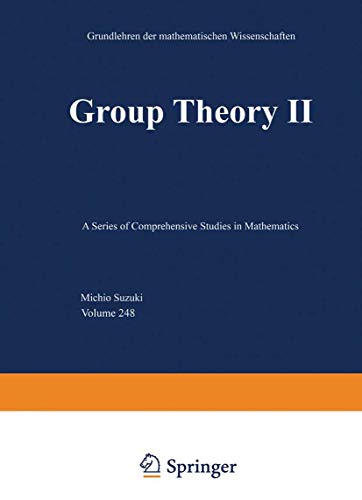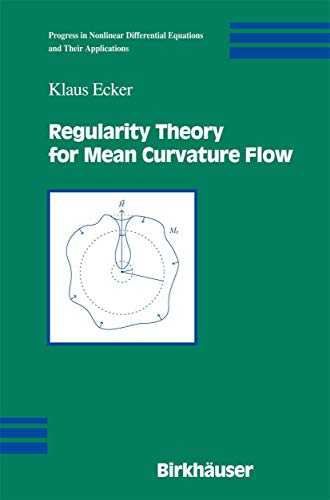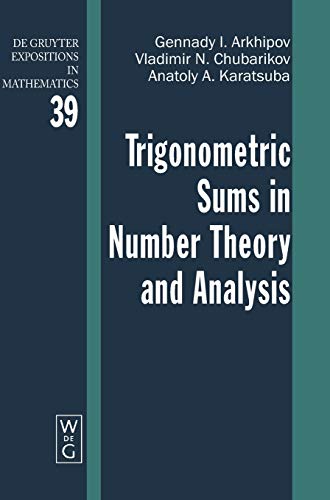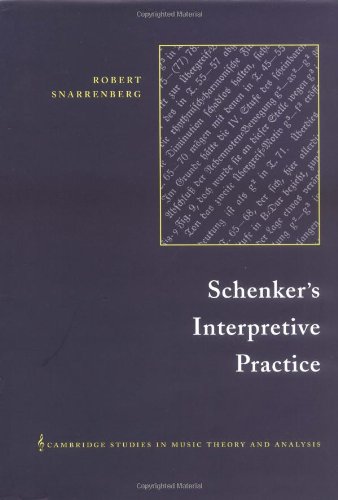Probabilistic Number Theory I: Mean-Value Theorems (Grundlehren der mathematischen Wissenschaften)


sku: COM9780387904375NEW
ACCORDING TO OUR RECORDS THIS PRODUCT IS NOT AVAILABLE NOW
$240.25
Shipping from: Canada
Description
In 1791 Gauss made the following assertions (collected works, Vol. 10, p.ll, Teubner, Leipzig 1917): Primzahlen unter a ( = 00 ) a la Zahlen aus zwei Factoren lla· a la (warsch.) aus 3 Factoren 1 (lla)2a --- 2 la et sic in info In more modern notation, let 1tk(X) denote the number of integers not exceeding x which are made up of k distinct prime factors, k = 1, 2, .... Then his assertions amount to the asymptotic estimate x (log log X)k-l ( ) 1tk X '" --"';"'-"---"::--:-'-,- (x-..oo). log x (k-1)! The case k = 1, known as the Prime Number Theorem, was independently established by Hadamard and de la Vallee Poussin in 1896, just over a hundred years later. The general case was deduced by Landau in 1900; it needs only an integration by parts. Nevertheless, one can scarcely say that Probabilistic Number Theory began with Gauss. In 1914 the Indian original mathematician Srinivasa Ramanujan arrived in England. Six years of his short life remained to him during which he wrote, amongst other things, five papers and two notes jointly with G. H. Hardy.
Price history chart & currency exchange rate





![Semi-Groups of Operators and Approximation (Grundlehren der mathematischen Wissenschaften) [Soft Cover ]
Semi-Groups of Operators and Approximation (Grundlehren der mathematischen Wissenschaften) [Soft Cover ]](http://pictures.abebooks.com/isbn/9783642460685-us.jpg)

![Elliptic Functions (Grundlehren der mathematischen Wissenschaften) [Hardcover ]
Elliptic Functions (Grundlehren der mathematischen Wissenschaften) [Hardcover ]](http://pictures.abebooks.com/isbn/9783540152958-us.jpg)

























